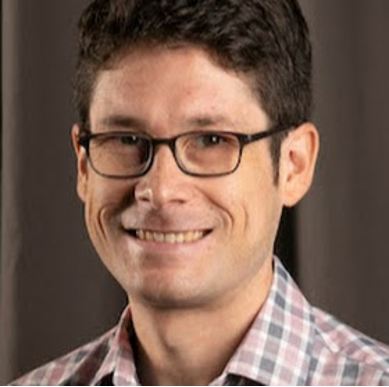September 19, 2022
How hard is it to predict quantum behavior? And, how physicists work on nuclear threat reduction.
Curtis Asplund
San Jose State University
Darwin 103
4:00 PM


